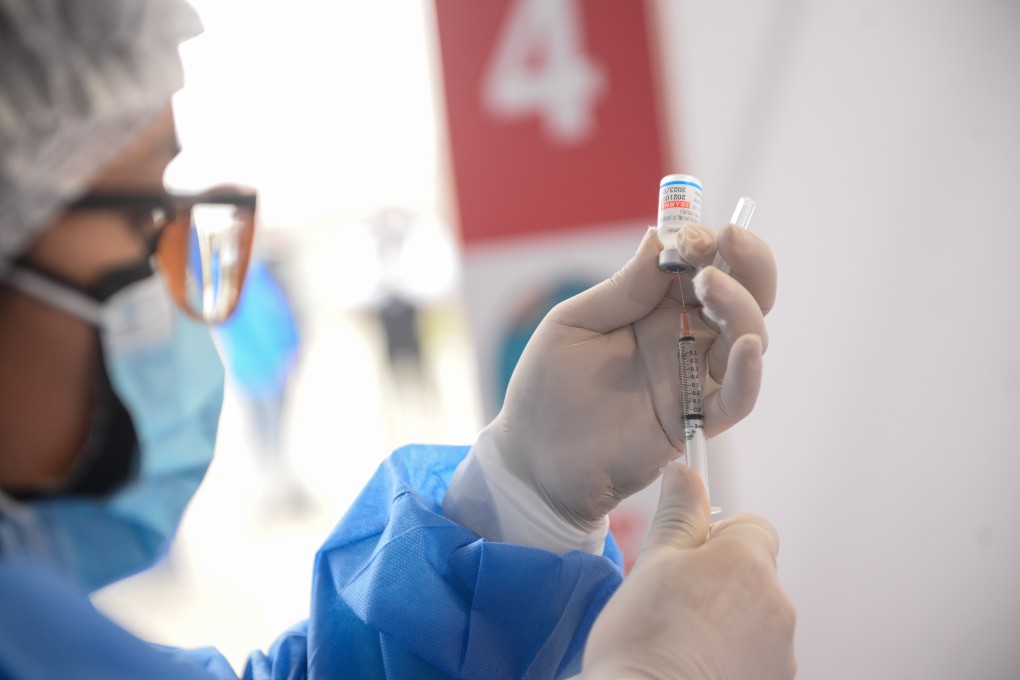Editorial | Victory over leaded petrol a lesson for world in coronavirus fight
- Struggle to eliminate the toxic fuel was a long one and countries needed to cooperate to succeed, just as they will have to if Covid-19 is to be beaten

Health protection and disease prevention are as much about determination as knowledge and understanding. As the world battles the Covid-19 pandemic, a lesson in what may be needed to contain the coronavirus has been highlighted by the struggle to eliminate leaded petrol.
Algeria has become the last country to end its use, almost a century after its invention. That was despite the toxic fuel having, for almost all of its existence, been linked to environmental degradation and pollution that caused an untold number of deaths.
Lead was first added to petrol in the United States in 1922 after being identified as a dependable provider of octane for engine combustion. It was cheaper and more readily available than other known sources such as benzine and ethanol.

02:34
India reaches vaccination milestone as Covid-19 fight picks up pace in rural areas
But within a few years, scientists were already aware of negative side effects after confirming oil refinery workers were dying of lead poisoning. Over time, the metal was also found to be behind cancers, strokes and heart disease and problems with brain development in children.
Despite the findings, by the 1970s, almost all petrol in the world was leaded. Technology improved engine performance and fuel production and the following decade, high-income economies began banning its use.
Hong Kong finally took the step in 1999 and earlier this year, joined several other governments in laying out plans to eliminate petrol-driven vehicles in favour of electric ones by 2035, starting with private cars.
